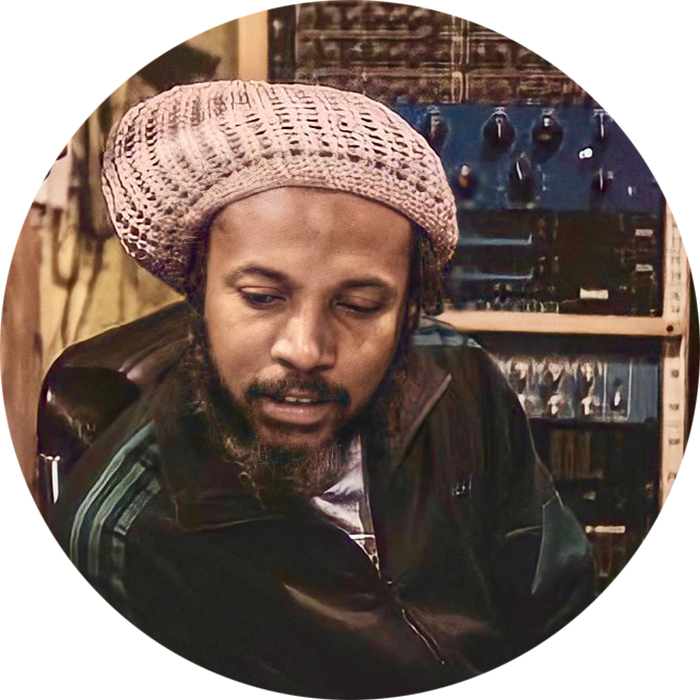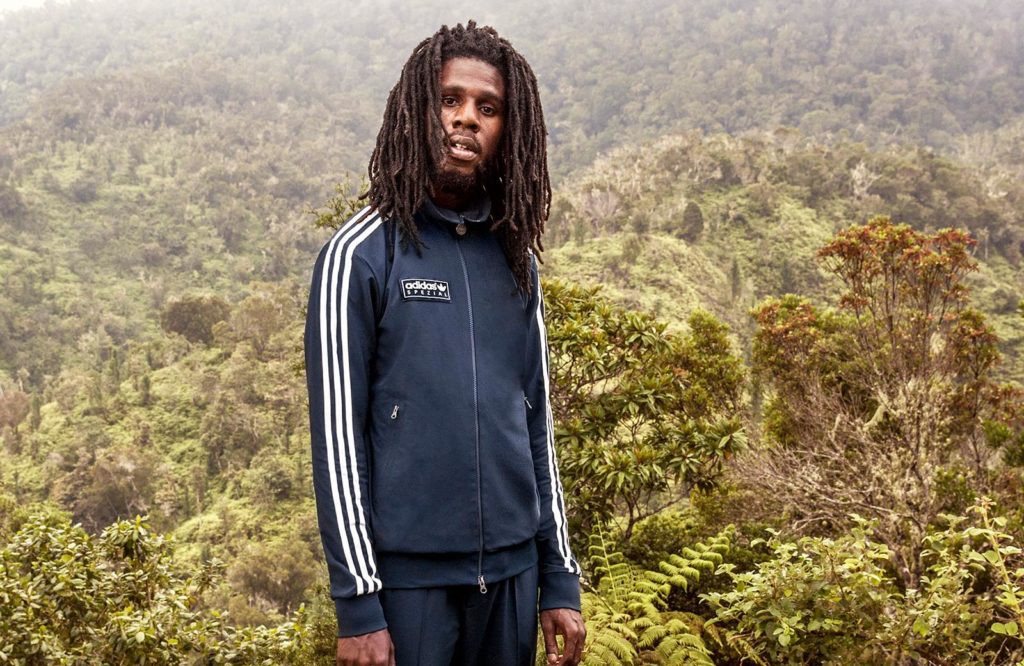
Born Jamar McNaughton in Jamaica in 1992. Son of dancehall deejay Chronicle, he was introduced to music and other artistes at an early age. Produces a lot of his music himself and was nominated for a Grammy in 2017 with Chronology . Has toured all five continents and regularly headlines major festivals.












